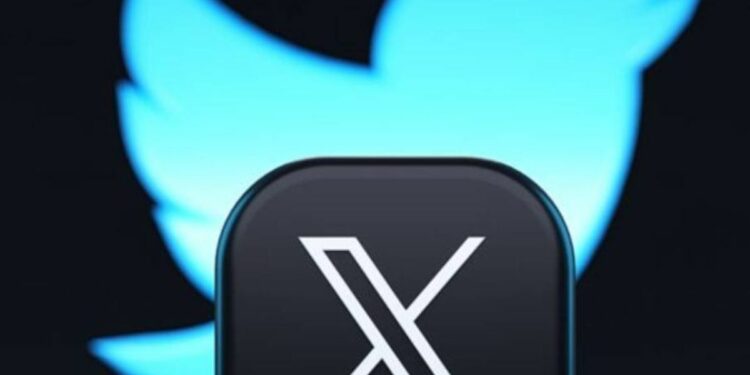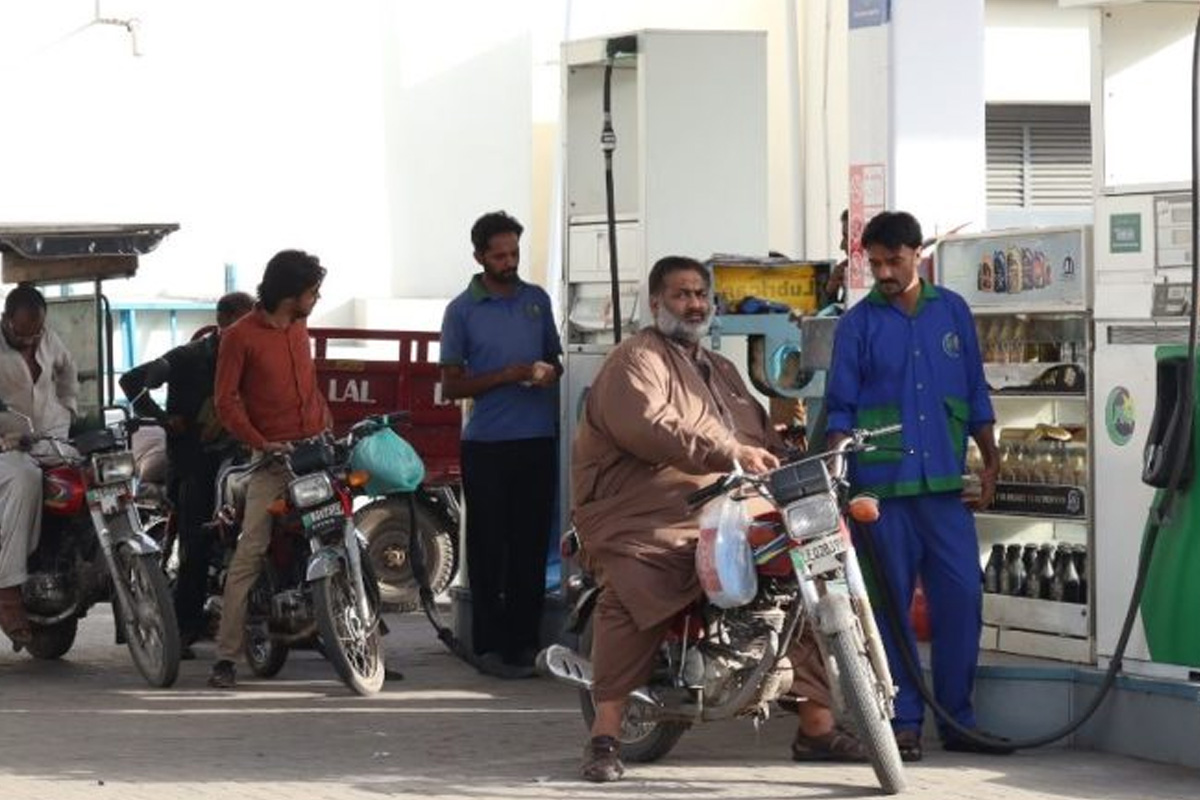Twitter blocked in Pakistan – In important news, it’s been found out that X (previously known as Twitter) is no longer accessible in Pakistan because it didn’t follow the country’s rules.
Sources in the government told that X (formerly Twitter) did not adequately address the presence of illegal content, with only a fraction of flagged material being blocked.
The Pakistan Telecommunication Authority (PTA) sent more than 67,000 links to Twitter, asking the platform to block them. However, Twitter only blocked some of these links. Additionally, authorities felt that Twitter’s reaction to content considered offensive to religious beliefs was not enough.
This move follows repeated warnings to Twitter to adhere to Pakistani laws, with specific instructions to block content violating regulations.
PTA had already submitted a report to the Ministry of Information Technology regarding Twitter’s non-compliance, recommending strict measures including platform suspension and substantial fines.
For over ten days now, people in Pakistan have been unable to use social media platform X. This raises big concerns about how freely people can communicate online and express themselves in the country. The platform was blocked on February 17th and is still not available to users in Pakistan as of February 27th.
During the chaos, people in Pakistan are using Virtual Private Networks (VPNs) to get onto X (Twitter) because it’s blocked. But there are reports that the government is trying to stop VPNs too, which is making it hard for people to get around the restrictions. This is making a lot of people online very frustrated.
The initial block on Twitter in Pakistan was prompted by allegations of electoral irregularities made by the former chief commissioner of Rawalpindi, Liaquat Ali Chatta, following the general elections held on February 8th.
Last Thursday, the Sindh High Court (SHC) instructed authorities to fix the problem and make sure people can use social media platform X without any interruptions across the country.
However, even though the court has given orders, putting them into action is still hard. This makes it take longer for people to access things online, and it makes worries about digital rights even worse.









